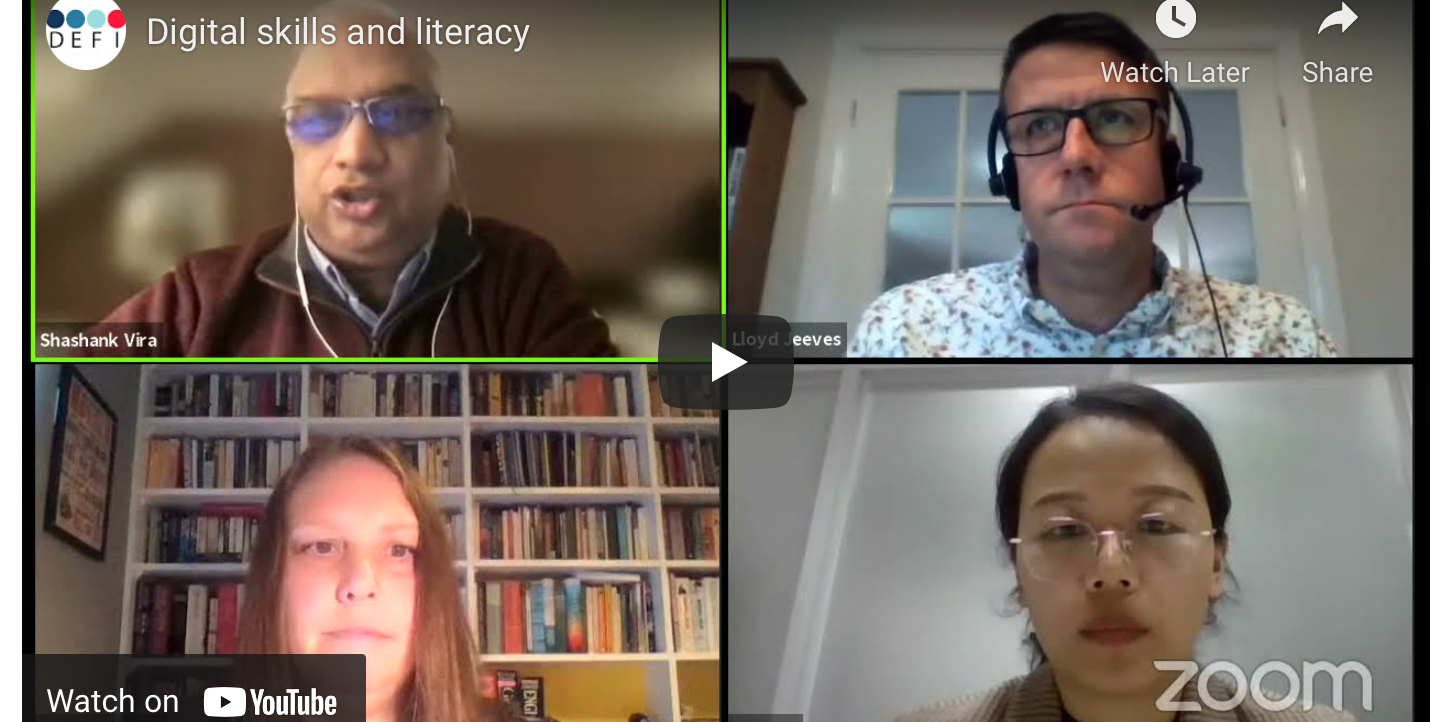The Digital Education Futures Initiative, Cambridge (DEFI) and the Cambridge Partnership for Education joined to present digital literacy research.
As education systems and ministries worldwide continue to adapt to the pandemic and its aftermath, it’s clear that digital educational technology (EdTech) is now embedded in mainstream education. This highlights the need for teachers to understand Media and Information Literacy (MIL) — the critical literacy skills students need to negotiate the online world they inhabit both at school and home.
Teachers often struggle to implement EdTech in their classrooms, which has been exacerbated by the sudden need to use multiple platforms, interfaces, and modalities. This is especially true within classroom settings, where it’s often blended with traditional, paper-based methods. The challenge is to increase digital literacy across the teaching profession to embed digital skills within professional development rather than as an added requirement.
DEFI and the Cambridge Partnership for Education joined together for this signature event, where we explored:
- Ways of operationalising digital literacy and MIL in education and education-reform spaces
- Different approaches are needed across rural/urban and digital divides
- The role of MIL in combating the circulation of digital misinformation, from primary school upwards.
- New pedagogies that can increase digital literacy and skills development
- Challenges and barriers to implementing new professional development
The panellists for the live event on 15th November 2021 were:
- Shashank Vira (Managing Partner, The Hearth Advisors) – moderator
- Laura Kerslake (Dialogic education, University of Cambridge)
- Sha Zhu (Lecturer, Faculty of AI in Education, Central China Normal University)
- Lloyd Jeeves (Curriculum Development Manager, Cambridge Assessment International Education)
Presentations:
- How to promote K-12 Students’ digital literacy?
- Cambridge Primary and Lower Secondary – Digital Literacy
- Inquiring Learners
Questions and discussion:
- What kind of digital classroom should institutions have after the pandemic?
- The impact of screen use on children’s eyesight?
- Digital skills vs gaming and social media skills
- What digital literacy support is needed from policymakers?
- How does Cambridge International factor national policies into digital literacy?
- How can the interplay between schools and parents be enhanced?
- AI and other tools to identify and judge fake news
- Experience or research comparing students in traditional or digital environments
- Final comments from the panellists







